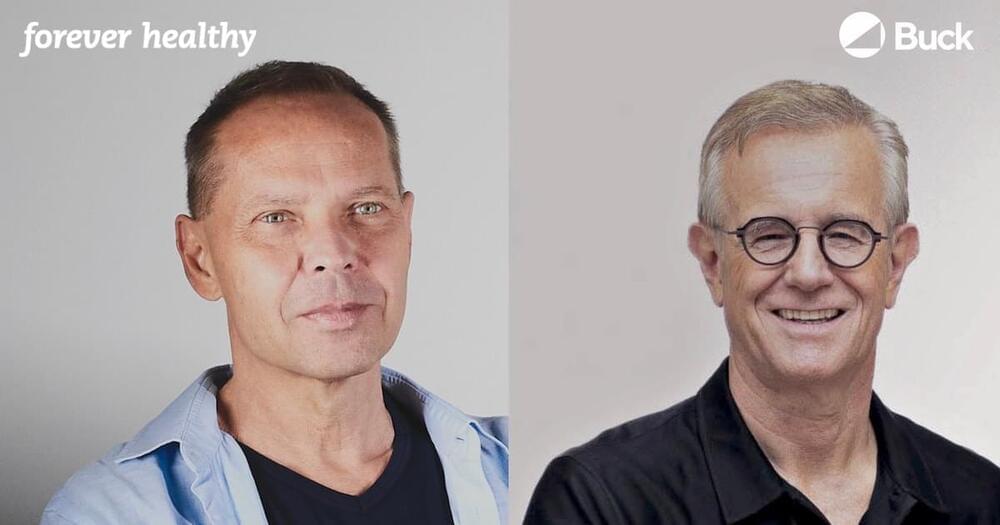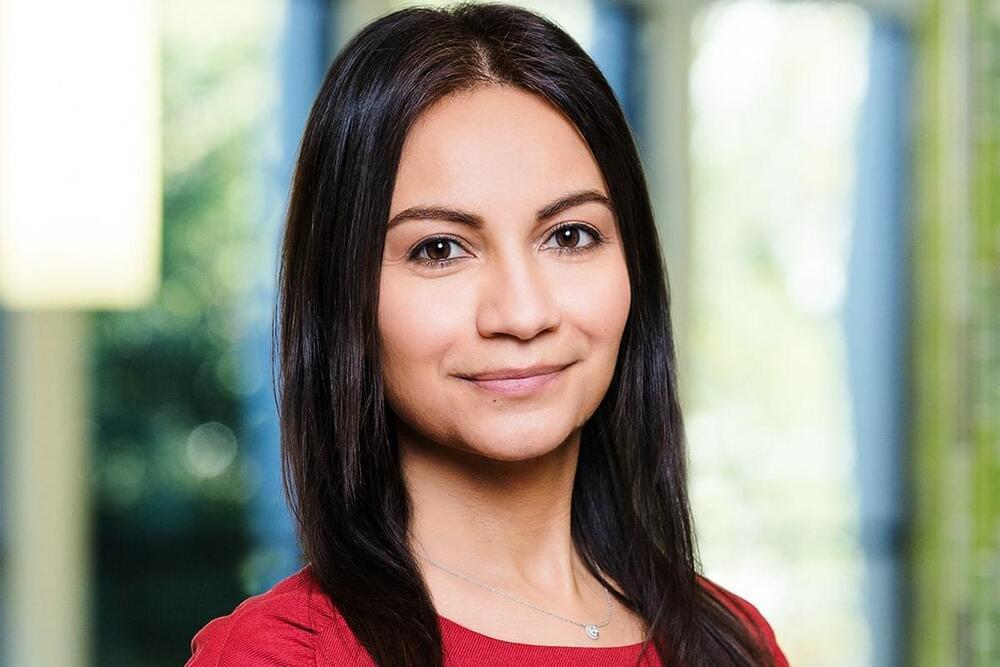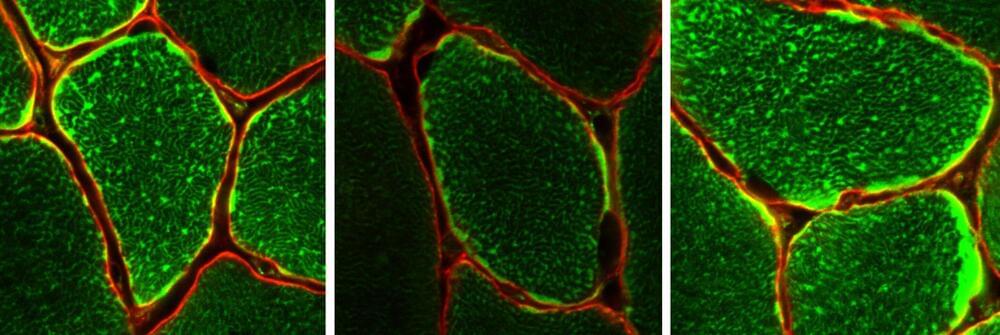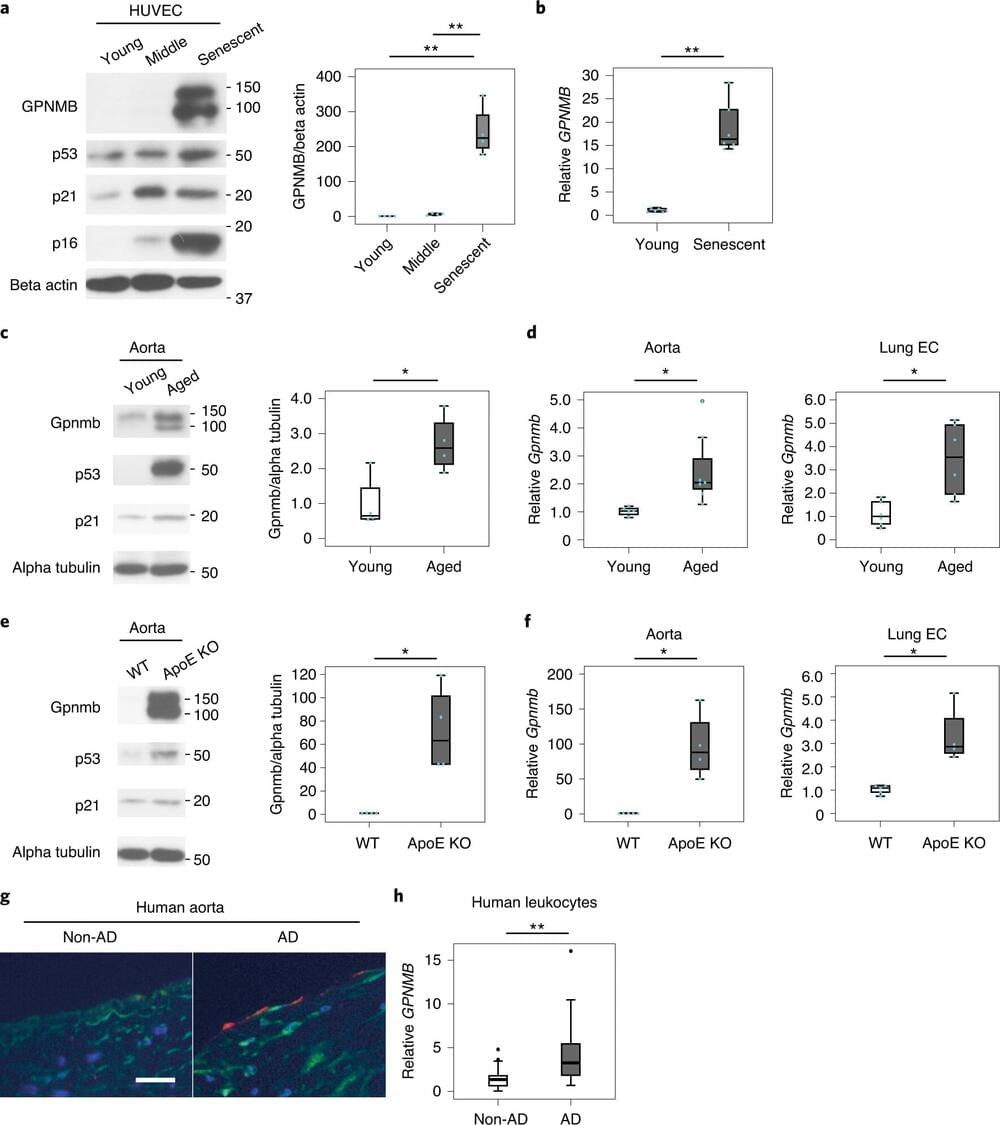Part 2
In this video Dr. Lustgarten goes into more detail on what he tracks and how he does the analysis of the results. He emphasizes the importance of running your own tests, to not only look at one biomarker but to then combine that marker with other biomarkers, looking for what is optimal for you.
Dr. Michael Lustgarten is a scientist at the Tufts University Human Nutrition Research Center on Aging in Boston, Massachusetts. His research currently focuses on the role of the gut microbiome and serum metabolome on muscle mass and function in older adults.
In this series of interviews Dr Lustgarten shares his experience with his rigorous n of 1 experiment over the last 7 years and shows how we or anyone can conduct a similar trial by tracking food, exercise and sleep, measure results and derive relationships between them, with a goal of extending our healthspan.
Dr Lustgarten’s channel on YouTube: https://www.youtube.com/channel/UCT1UMLpZ_CrQ_8I431K0b-g.
***************************************************************





